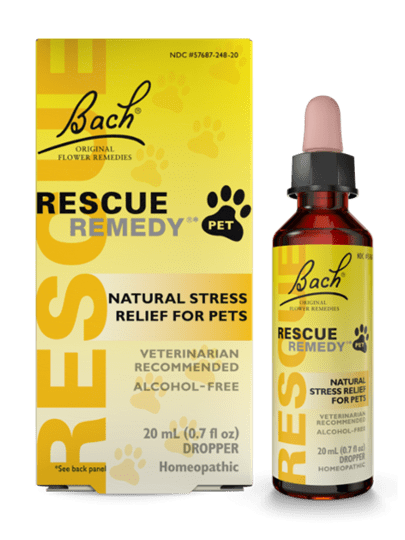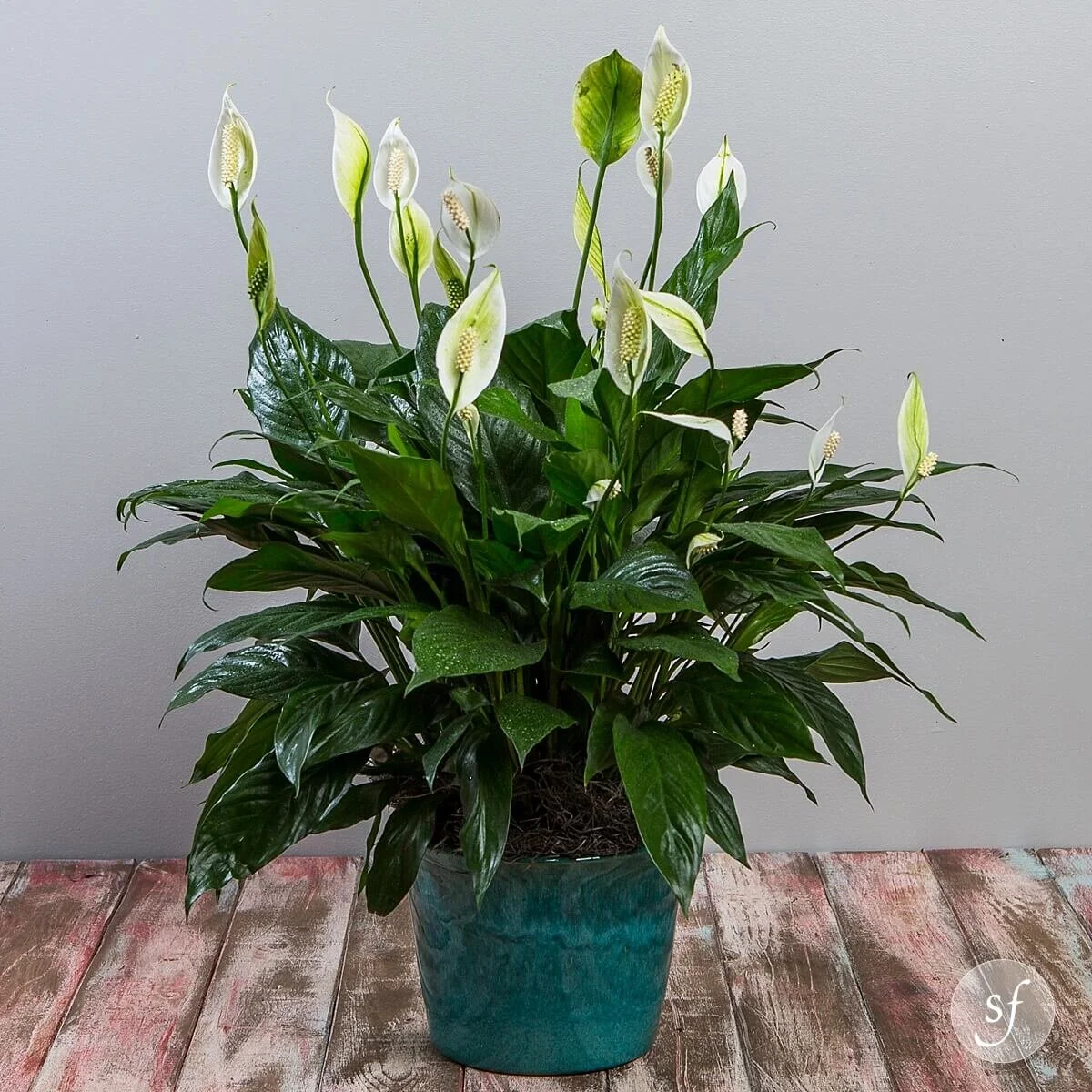Vet Health Tips for the Holidays!
The holiday season is upon us!
While you may be ready, your pets and animals might need some extra preparation. Have you taken the right steps to help them be safe during the festivities?
During the holidays many changes happen in your and your pet's environment: new visitors in your house, various holiday foods, loud fireworks for New Year's Eve, and many kinds of festive plants not present in your home most of the year.
At Lawrence Drug & Compounding Lab, we want to support our community pet owners by offering some suggestions to help ensure the happiness and safety of your furry family members!
1. Escape Prevention
To help prevent a pet from escaping outside, you should set up a double door/gate system at busy entrances using an exercise pen or baby gates. Another option is setting up a special room designated only for your pets with a pen at the entrance of the room.
“A customized medication can be prescribed by your veterinarian.”
To help reduce stress, place the pet's favorite toys or comfy bed in the room. Consider playing soft music or using Rescue Remedy or Feliway to help comfort your pet. In more severe cases of anxiety, a customized medication can be prescribed by your veterinarian and filled at our pharmacy.
Common medication for dogs include trazodone and gabapentin, while amitriptyline and gabapentin is the best for cats. Our Lawrence Drug compounding lab can team up with your veterinarian to synthesize an anti-anxiety medication into the best dosage form for your pet that is easy to administer!
2. Dangerous Foods
Many foods can cause tummy troubles for pets, also known as "G.I. Distress," which can include vomiting and diarrhea. Most importantly, there are many holiday foods that are dangerously toxic to your pet.
A brief list of foods considered toxic to pets includes onions, garlic, raisins, chocolate, xylitol, and alcohol (adult beverages left unattended).
The ASPCA has a more comprehensive list that can be sorted by dog, cat, and horse. The ASPCA also has an Animal Poison Control Center that you can call at (888) 426-4435.
3. Toxic Plants
During the holidays, new plants are often introduced to the home or other plants are brought inside from the outside to avoid the freezing temperatures.
Common seasonal plants include Christmas trees, peace lilies, and poinsettias. Lilies are highly toxic to cats, and even just getting a tiny bit of pollen on their nose and licking it off can can have tragic results.
As previously stated, the ASPCA is a great resource for your consideration so that your furry family member doesn't eat or come in contact with a toxic plant!
Please know that while our compounding lab is flexible in making pet medications specific to the needs of your pet, we do need advanced notice to ensure you receive the medication at the right time.
Please schedule an appointment as soon as possible with your veterinarian, and especially if you are travelling during the holidays, should your pet need specialty compounded medication.




